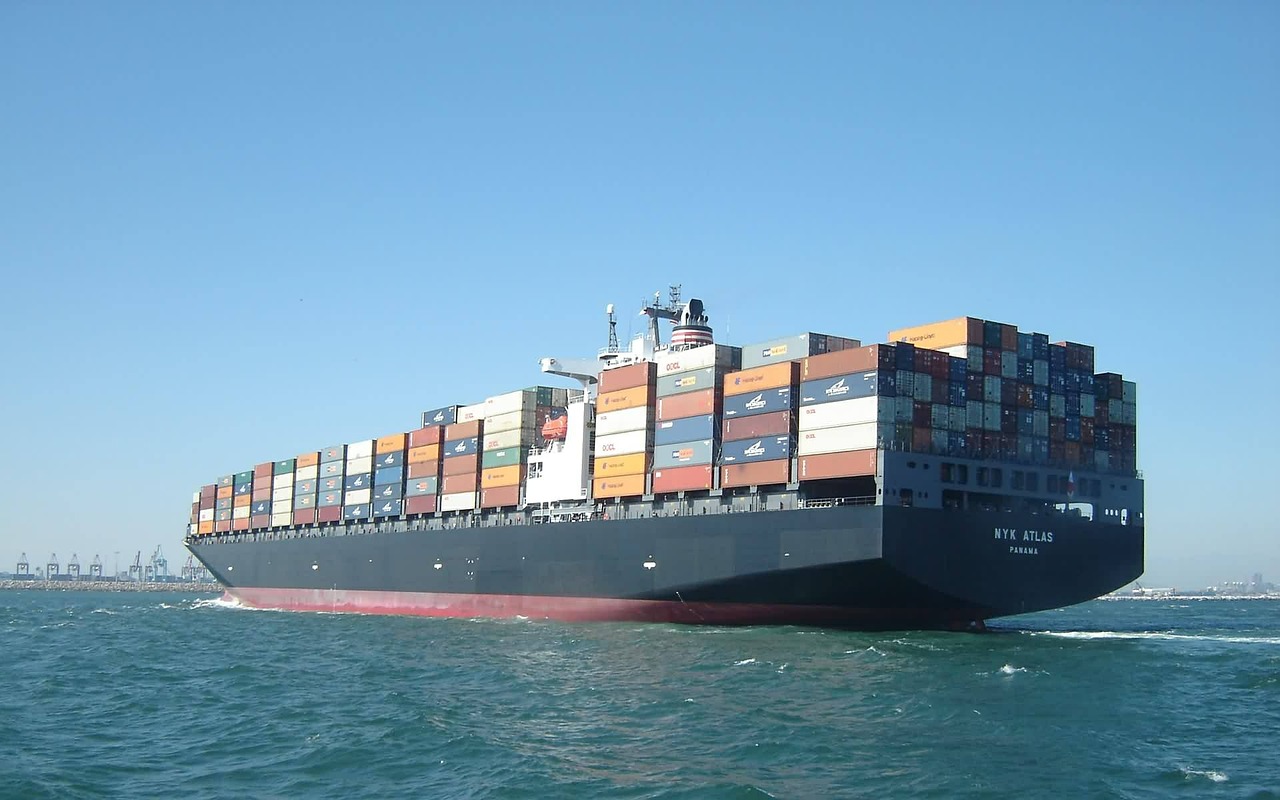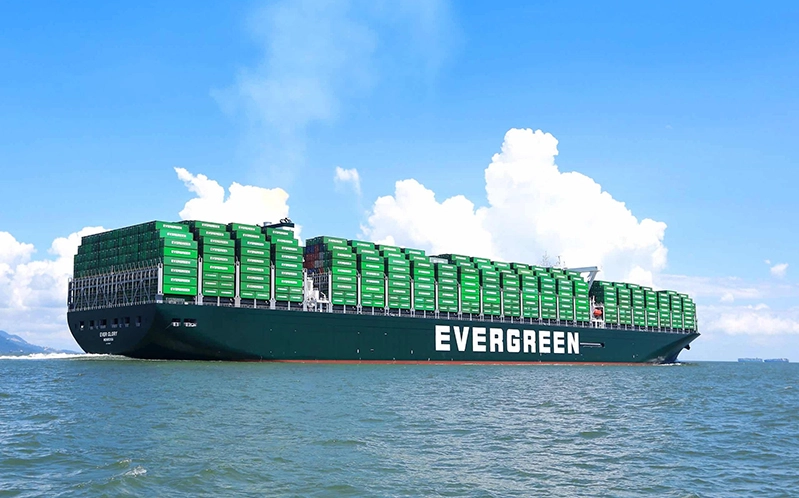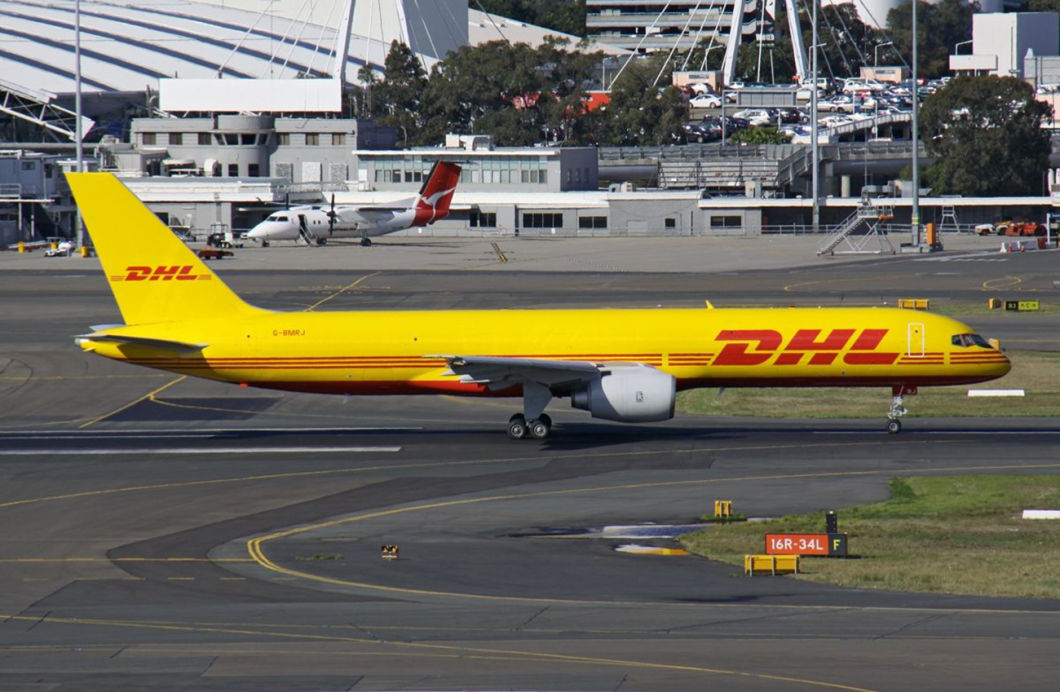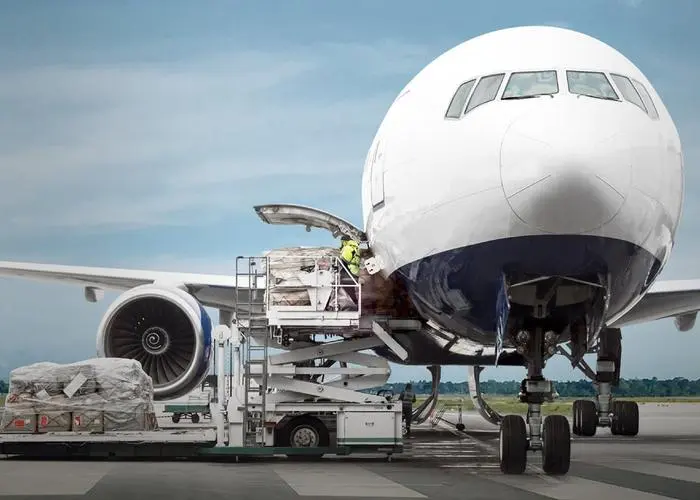How can international freight shipping services respond to natural disasters?
International freight shipping services often face the threat of natural disasters in sea and air transportation, such as storms, earthquakes, floods, etc. To ensure the safety of goods and improve transportation reliability, freight shipping companies need to take a series of preventive and response measures to reduce the negative impact of natural disasters.
Response strategies in maritime transportation
1. Weather monitoring and early warning: Freight shipping companies need to closely monitor weather conditions during the shipping process and utilize monitoring and early warning information provided by meteorological services. Knowing weather conditions such as storms and typhoons in advance can help adjust shipping schedules, choose safe haven ports, and reduce the impact on cargo transportation.
2. Reasonable route planning: Based on seasonal meteorological changes, cargo shipping companies can plan safer routes and avoid areas that may be affected by disasters. Flexible route planning helps to reduce the risk of natural disasters for goods.

3. Strengthen packaging and fixation: For goods that are easily affected by wind and waves, cargo shipping companies can strengthen packaging by using waterproof and moisture-proof materials, and ensuring the stability of the goods during shipping through appropriate fixation methods.
4. Backup transportation plan: In the event of a natural disaster, it may lead to route closure or obstruction. Freight shipping companies should develop a backup transportation plan in advance, including backup ports and backup shipping schedules, to ensure that goods can be transported to their destination in a timely and safe manner.

Response strategies in air transportation
1. Real time monitoring of weather: Freight shipping companies need to closely monitor the weather conditions at the takeoff and landing locations of goods, as well as the weather conditions along the way. Real time monitoring helps to predict possible weather changes in advance and provide data support for reasonable transportation plans.
2. Optimize cargo loading: For goods that are easily affected by weather, cargo shipping companies can optimize the loading plan of goods to ensure their stability during flight. A reasonable loading layout can reduce the vibration and vibration of goods during air transportation.

3. Backup airports and transportation vehicles: Pre determining backup airports and backup transportation vehicles, such as backup planes and vehicles, helps to quickly adjust transportation plans in the event of weather disasters and ensure timely transportation of goods.
4. Communication with airlines: Freight shipping companies need to establish close communication channels with airlines to obtain the latest weather information and flight conditions. Timely understanding of possible changes in flights in order to adjust cargo transportation plans.

Comprehensive strategy
1. Develop emergency plans: Cargo shipping companies need to develop detailed emergency plans, including steps for responding to natural disasters, contacting personnel, emergency resources, etc. Ensure that all relevant personnel are aware of and able to implement these contingency plans.
2. Training and drills: Regular training and simulation exercises should be conducted for the staff of cargo shipping companies to improve their emergency response capabilities to natural disasters. Training can include how to use emergency rescue equipment, first aid measures, etc.

3. Partner coordination: Establish coordination mechanisms with other relevant parties, such as insurance companies, port management departments, etc. Being able to quickly obtain support and resources during disasters.
4. Using technological means: Freight shipping companies can utilize advanced technological means such as artificial intelligence, big data analysis, etc. to monitor risk factors during the transportation of goods in real time and anticipate potential problems in advance.
Conclusion: Comprehensive Risk Management
In the face of natural disasters, international freight shipping services require comprehensive risk management. Through forward-looking weather monitoring, the use of technological means, reasonable planning and training, cargo shipping companies can reduce the negative impact of natural disasters on cargo transportation, ensuring the safe and stable delivery of goods to their destination.




